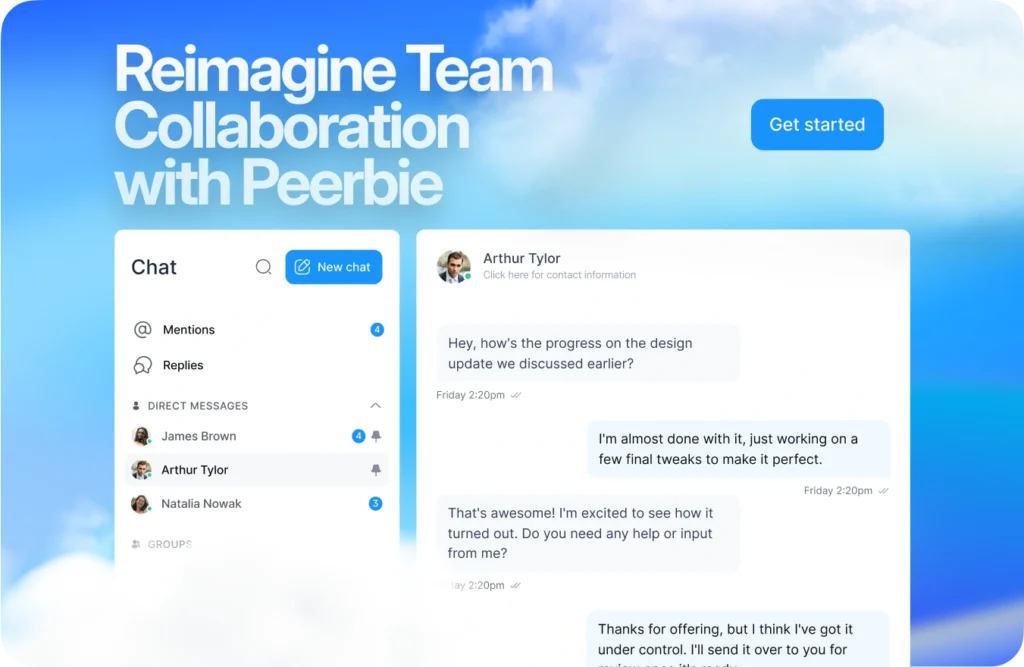7 Essential Team Management Skills Every Leader Should Master

Effective team management is the cornerstone of any successful organization. It involves coordinating a group of individuals to achieve a common goal, ensuring that each member contributes to their full potential. Good team management fosters a positive work environment, enhances productivity, and drives the team toward achieving organizational objectives.
Understanding key team management skills, knowing how to manage a team effectively, and recognizing the principles of effective team management are crucial for any leader. This article will explore the essential skills required for effective team management and why they are critical for any leader.
What Is Team Management?
Team management refers to the ability to lead a group of individuals toward a common goal. It involves a variety of functions, including planning, organizing, leading, and controlling. The primary objective of team management is to enhance the performance of the team and achieve the desired outcomes. Effective team management requires understanding the strengths and weaknesses of each team member, providing guidance, and facilitating collaboration and communication within the team.
A well-managed team is one where each member feels valued and motivated to contribute their best work. Team management is not just about overseeing tasks and projects but also about fostering a sense of unity and purpose among team members. By leveraging the diverse skills and talents of team members, a manager can drive the team towards success.

Is Team Management Important?
As highlighted in our post on why team management truly matters, effective team management is vital for several reasons. Effective team management is vital for several reasons. Firstly, it helps in optimizing the use of resources. When a team is well-managed, tasks are assigned based on the strengths and skills of each member, leading to more efficient use of time and resources. This ensures that projects are completed on time and within budget, contributing to the overall success of the organization.
Secondly, good team management fosters a positive work environment. When team members feel supported and valued, they are more likely to be motivated and engaged in their work. This leads to higher levels of job satisfaction and retention. Additionally, a positive work environment encourages creativity and innovation, which can drive the organization forward. Explore four compelling reasons why team management is essential to organizational success.
What Are the 7 Effective Team Management Skills?
- Clear and Effective Communication
Clear and effective communication is the backbone of successful team management. Even non-verbal cues, such as body language, can enhance team dynamics—learn more about how gestures can improve communication at work. involves not only conveying information clearly but also listening to team members’ concerns and feedback. Effective communication ensures that everyone is on the same page and understands their roles and responsibilities. This reduces misunderstandings and conflicts, leading to a more cohesive and productive team.
In addition to verbal communication, written communication is equally important. Clear and concise emails, reports, and project updates help keep everyone informed and aligned with the team’s goals. Managers should also encourage open communication, where team members feel comfortable sharing their ideas and concerns. This fosters a culture of transparency and trust within the team.
- Conflict Resolution
Conflict is inevitable in any team setting, but how it is managed can make a significant difference. Effective conflict resolution involves addressing issues promptly and fairly, ensuring that all parties feel heard and respected. Managers should act as mediators, facilitating discussions and helping team members find common ground.
By resolving conflicts efficiently, managers can prevent minor disagreements from escalating into major issues that can disrupt team harmony. Additionally, promoting strong communication practices is one of the most effective ways to improve collaboration within your team.
- Be Ready to Change
Flexibility and adaptability are crucial skills for effective team management. In today’s fast-paced work environment, managers must be ready to embrace change and guide their teams through it. This involves being open to new ideas, adjusting strategies as needed, and helping team members adapt to new situations.
Being ready to change also means staying informed about industry trends and best practices. Managers should continuously seek opportunities for learning and growth, both for themselves and their teams. This proactive approach ensures that the team remains competitive and can navigate challenges effectively.
- Organization
Organizational skills are essential for managing a team effectively. This involves planning and prioritizing tasks, setting clear goals and deadlines, and ensuring that resources are allocated efficiently. Good organization helps prevent chaos and ensures that projects run smoothly.
Managers should also establish systems and processes that streamline workflows and improve efficiency. This includes using project management tools, creating schedules, and maintaining clear documentation. By keeping the team organized, managers can minimize disruptions and keep everyone focused on their tasks.
- Set Boundaries
Setting boundaries is important for maintaining a healthy work environment. Managers should clearly define the roles and responsibilities of each team member, ensuring that everyone knows what is expected of them. This helps prevent overlap and confusion, allowing team members to focus on their specific tasks.
Setting boundaries also involves managing workload and preventing burnout. Managers should monitor the workload of their team members and provide support when needed. Encouraging a work-life balance is essential for maintaining team morale and productivity.

- Fairness
Fairness is a key principle in effective team management. This involves treating all team members with respect and impartiality, ensuring that everyone has equal opportunities for growth and development. Fairness also means recognizing and rewarding contributions, providing constructive feedback, and addressing issues promptly.
By fostering a culture of fairness, managers can build trust and loyalty within the team. When team members feel that they are treated fairly, they are more likely to be motivated and committed to their work.
- Appreciation
Recognizing and appreciating the efforts of team members is vital for maintaining morale and motivation. Managers should regularly acknowledge the hard work and achievements of their team, both publicly and privately. This can be done through verbal praise, written notes, or formal recognition programs.
Appreciation goes a long way in building a positive work environment. When team members feel valued, they are more likely to be engaged and motivated to contribute their best work. This not only enhances individual performance but also strengthens the overall team dynamics.
Effective team management requires a combination of skills, including clear communication, conflict resolution, adaptability, organization, setting boundaries, fairness, and appreciation. By mastering these skills, managers can lead their teams to success, fostering a positive and productive work environment. Peerbie offers tools and resources to help managers enhance their team management skills and drive their teams toward achieving their goals.

